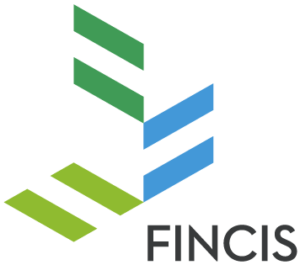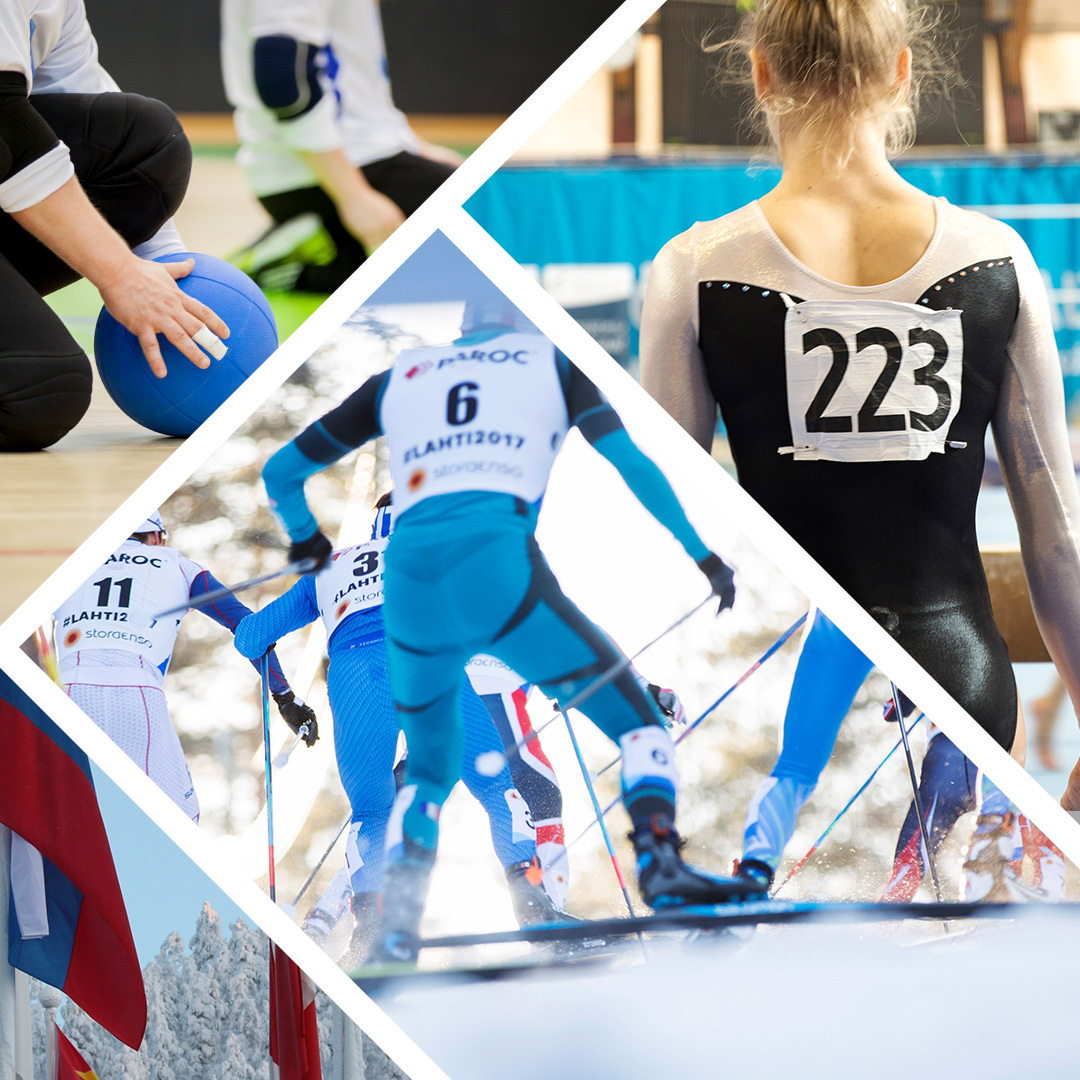The Finnish Center for Integrity in Sports (FINCIS) is a non-profit organisation which deals with sport ethics in Finland and co-operates with international parties. FINCIS was established in 2016 to continue the anti-doping activities of its predecessor, the Finnish Anti-Doping Agency FINADA. In addition, FINCIS is also responsible for the prevention of manipulation of sports competitions, spectator safety and other matters related to sport ethics.
International doping control began in 1928 when the International Association of Athletics Federations (IAAF, currently World Athletics, WA) prepared lists of prohibited substances that enhance performance. International sports federations followed suit soon after, and the International Olympic Committee issued its first list of prohibited substance in 1968. Learn more about the history of anti-doping activities the anti-doping organisation was established in 1984.
Beginning of anti-doping activities in Finland
The first national regulations on the use of doping agents were prepared in Finland in the 1980s. Finland’s anti-doping activities became more widespread with the World Championships in Athletics in 1983. The International Olympic Committee accredited the first doping control laboratory in Finland.
Kansallinen Dopingtoimikunta KDT (National Doping Committee KDT) was established in Finland in 1984. In 1990, doping control was transferred to the Finnish Anti-Doping Agency, which operated in connection with the Association for Promoting Sports Medicine and Physiological Testing (Liite r.y.). In that same year, Finland ratified the Council of Europe’s Anti-Doping Convention.
The World Anti-Doping Agency WADA was founded in 1999. WADA is responsible for the accreditation of doping test laboratories, and it prepared and approved the World Anti-Doping Code, which was approved for the first time in 2007. Finland’s Anti-Doping Code is also based on this Code.
FINADA is established
After a number of Finns were caught using doping agents at the World Ski Championships in 2001, there was a strong will to promote doping control in Finland. It was decided to establish a new independent organisation, funded by the Ministry of Education and Culture using lottery proceeds. The constituent meeting of the Finnish Anti-Doping Agency FINADA was held on 8 November 2001.
The Finnish Center for Integrity in Sports FINCIS starts
Ethical issues became increasingly important. The Ministry of Education and Culture launched extensive studies concerning the administration of the new sports conventions in practice: Minister Lauri Tarasti prepared a report for the Ministry in 2014 on the administration of ethical issues in sports in Finland. The research continued at the Ministry and on 18 November 2015, the Minister of Education and Culture, Sanni Grahn-Laasonen, appointed the Finnish Advisory Board for Ethics in Sport. The Finnish Center for Integrity in Sports FINCIS was established on 28 January 2016. “Finnish Anti-Doping Agency FINADA” was used as an auxiliary name of the new organisation for the duration of the transition.
The task of FINCIS is to reinforce an ethically sustainable sports culture in co-operation with other parties. FINCIS is responsible for implementing international treaties on anti-doping activities, manipulation of sports competitions and spectator comfort and safety in Finland. FINCIS is responsible for the practical implementation in Finland of the Council of Europe’s Anti-Doping Convention, the UNESCO International Convention Against Doping in Sport, the Council of Europe’s Convention on Spectator Violence, and the Council of Europe’s Convention on the Manipulation of Sports Competitions.



